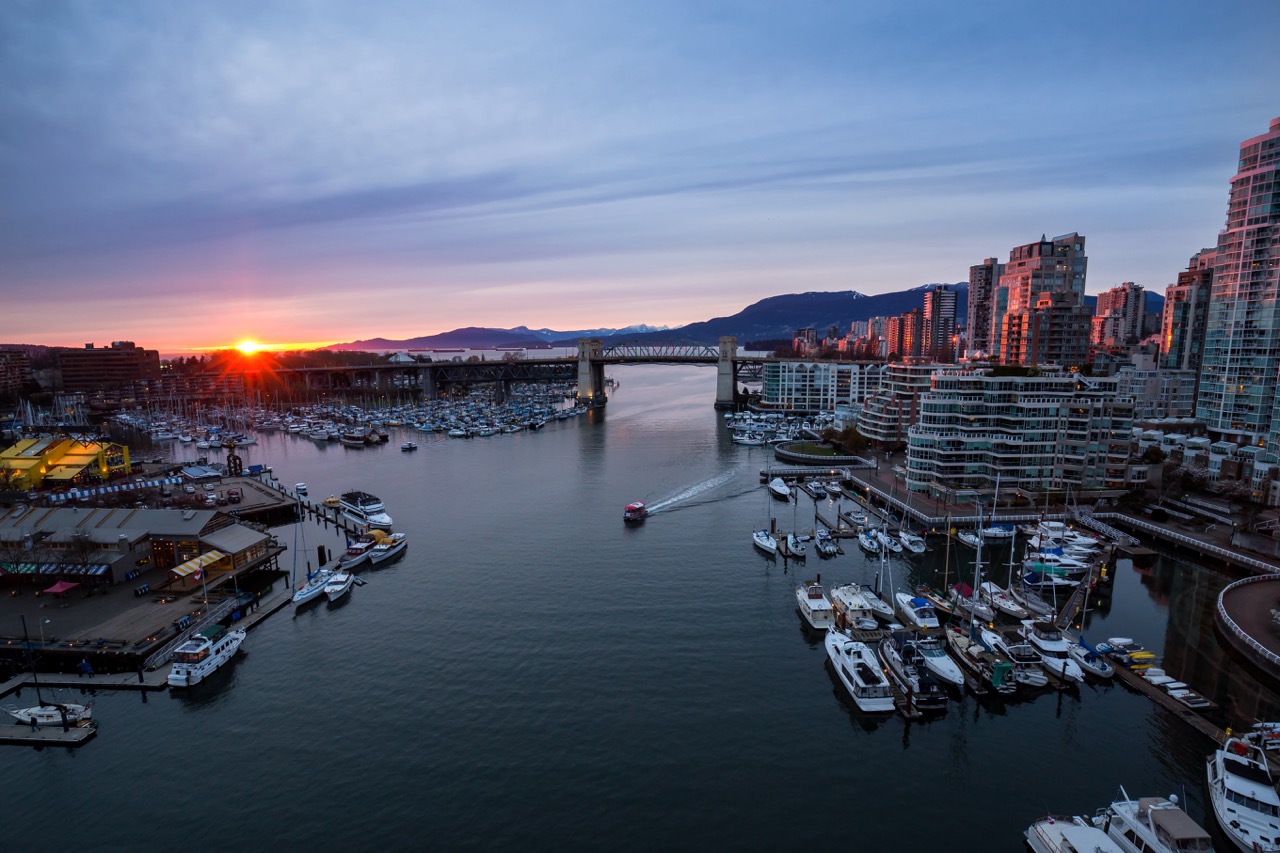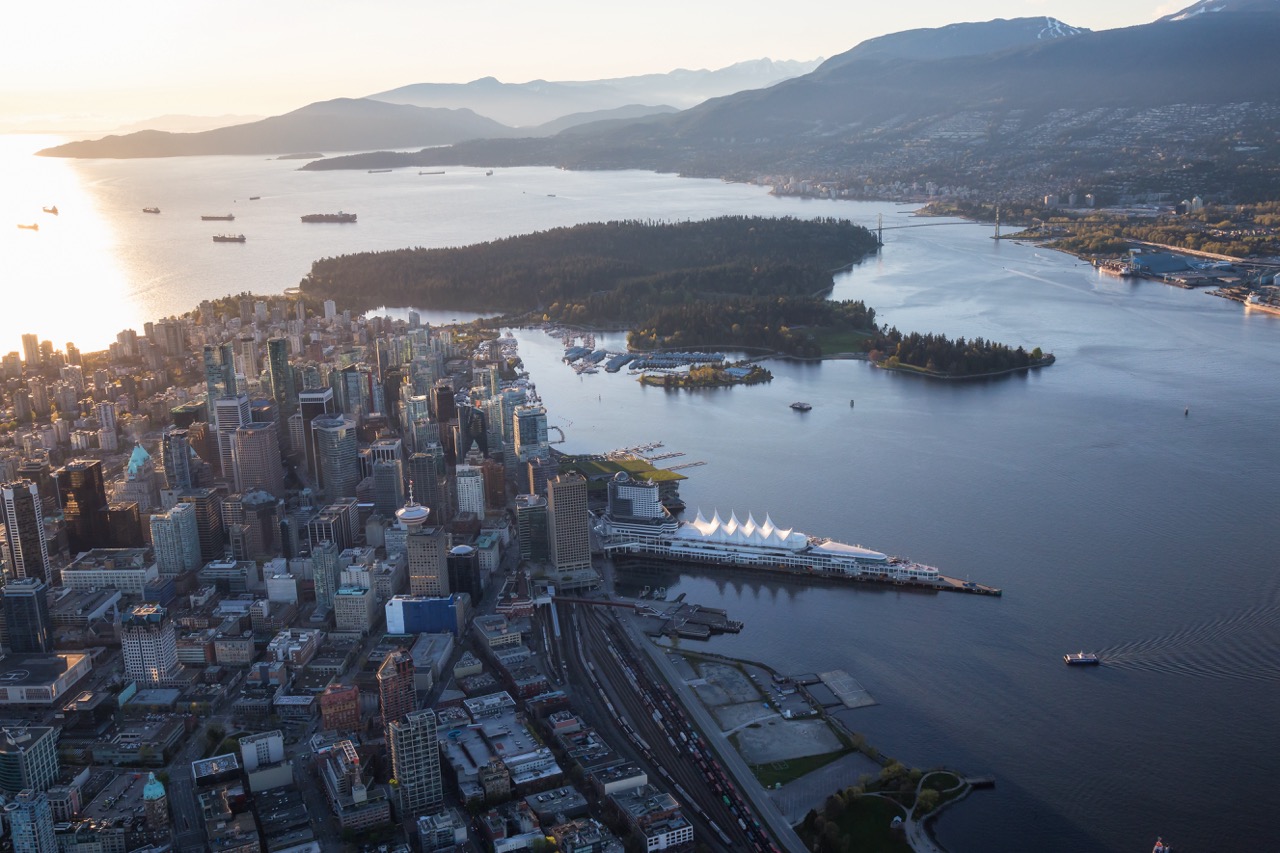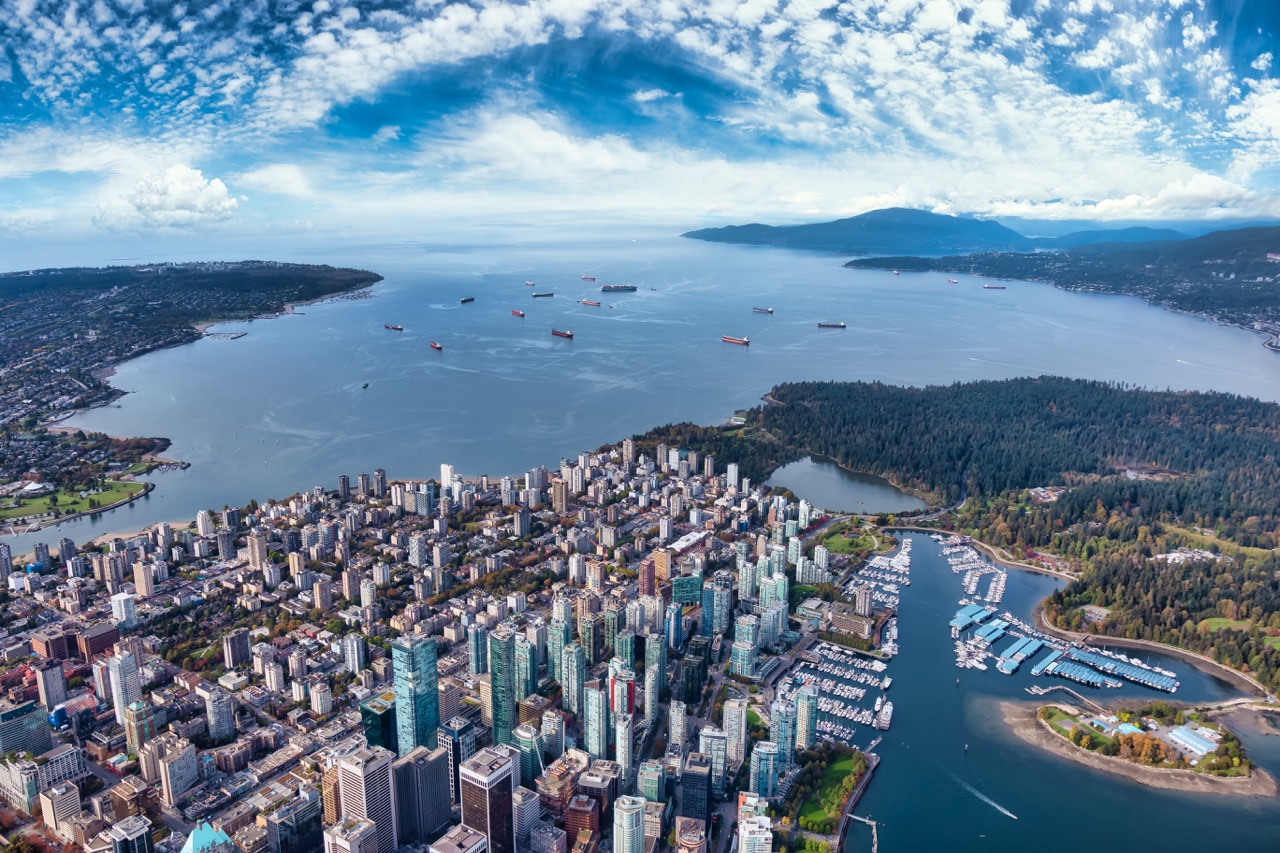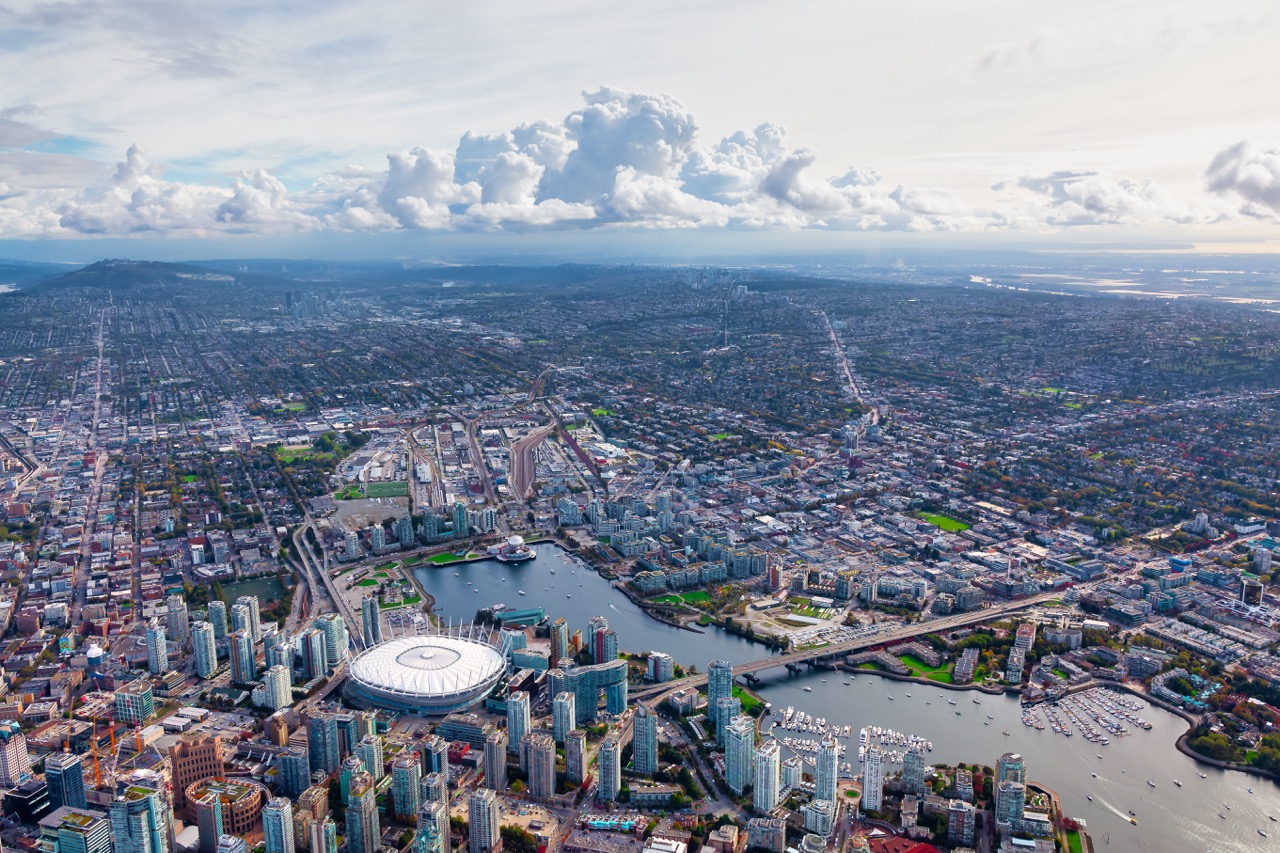British Columbia (BC) stands out in Canada for its commitment to sustainable development and eco-friendly urban planning. Cities across this province have established various initiatives aimed at enhancing environmental health and fostering a greener future. This article evaluates the sustainability initiatives in British Columbia’s cities, with a focus on public transportation, green spaces, renewable energy adoption, waste management strategies, and community engagement.
Assessing the Sustainability Initiatives in BC Cities
The cities in British Columbia have put forth numerous sustainability initiatives that emphasize reducing carbon footprints and promoting ecological wellness. Vancouver, for instance, has set an ambitious goal to become the world’s greenest city by 2025. This entails not only reducing greenhouse gas emissions but also integrating sustainability into every facet of city planning and development. Initiatives like the Greenest City Action Plan detail specific actions related to energy efficiency, waste reduction, and increasing urban biodiversity.
Other cities, such as Victoria and Kelowna, have embraced similar strategic plans. Victoria’s Climate Leadership Plan aims to achieve carbon neutrality by the year 2050, reflecting a growing awareness of environmental issues among local governments. These strategies include the adoption of best practices in energy conservation, sustainable building codes, and enhancement of the urban forest, which have been shown to contribute positively to local climates and ecosystems.
Moreover, collaboration among municipalities is becoming increasingly common, as cities share resources and strategies to enhance their sustainability efforts. Organizations like the BC Municipal Climate Leadership Council work to create a platform for knowledge sharing and joint initiatives, reinforcing the collective commitment to environmental stewardship across the province.
Evaluating Public Transportation Options for Eco-Friendly Travel
Public transportation is a critical component of sustainable urban development, as it can significantly reduce reliance on individual car travel. In British Columbia, cities like Vancouver have invested heavily in public transit systems, including SkyTrain, buses, and SeaBus services, which aim to provide efficient alternatives to driving. These services not only minimize traffic congestion but also lower greenhouse gas emissions associated with personal vehicles.
TransLink, the regional transportation authority, has implemented strategies to enhance the sustainability of their transit fleet, transitioning toward electric buses and hybrid technologies. The expansion of bike lanes and pedestrian pathways has further fortified this commitment, promoting active transportation and encouraging residents to choose eco-friendly travel methods. As a result, public transportation systems in BC cities have seen increasing ridership, reflecting a shift in public perception towards sustainable travel options.
However, challenges remain in ensuring that public transportation is accessible and convenient for all demographics. Addressing issues such as service frequency, coverage in underserved areas, and affordability will be critical in maximizing the impact of these eco-friendly transportation measures. Continued investment and innovation in public transit are essential for fostering a culture of sustainability throughout British Columbia.
Green Spaces: Their Role in Urban Environmental Health
The presence of green spaces in urban environments is crucial for maintaining ecological balance and enhancing quality of life. Cities in British Columbia have prioritized the development and preservation of parks, gardens, and natural reserves as part of their sustainability agendas. For instance, Vancouver boasts an extensive network of parks, including the renowned Stanley Park, which offers both recreational opportunities and vital habitat for local wildlife.
Green spaces contribute significantly to urban environmental health by improving air quality, managing stormwater, and reducing the urban heat island effect. Trees and vegetation play an essential role in sequestering carbon dioxide, providing shade, and facilitating biodiversity. The City of Victoria has recognized these benefits and has implemented programs aimed at increasing urban tree canopy cover, reflecting an understanding of the interconnectedness of urban ecosystems.
Moreover, green spaces enhance community well-being by providing recreational areas and promoting social interaction. Access to parks and nature has been linked to improved mental health outcomes and increased physical activity among residents. Cities that actively invest in and maintain their green spaces not only bolster ecological health but also enrich the lives of their citizens, making them essential components of any eco-friendly city.
Renewable Energy Adoption Across British Columbia’s Cities
British Columbia is renowned for its commitment to renewable energy, predominantly through hydropower, which supplies a significant portion of the province’s electricity. Cities such as Burnaby and Richmond are increasingly exploring solar energy, wind power, and bioenergy as part of their aspiration to reduce dependency on fossil fuels. Municipalities are integrating renewable energy sources into their operations, including public buildings and infrastructure, thus setting a precedent for sustainable energy consumption.
In addition to the existing renewable resources, local governments are also incentivizing community-driven solar projects and energy efficiency programs. For instance, the City of Vancouver encourages homeowners to install solar panels through grants and tax incentives, further promoting the transition to sustainable energy practices. Such initiatives not only help decrease greenhouse gas emissions but also provide economic benefits through job creation in clean energy sectors.
Yet, the shift toward comprehensive renewable energy adoption is not without its hurdles. Technological limitations, financial constraints, and regulatory challenges must be addressed to fully realize the potential of renewable energy in urban settings. Nevertheless, the proactive approach of BC cities in their pursuit of renewable energy solutions reflects a broader commitment to environmental sustainability and climate resilience.
Waste Management Strategies: A Model for Environmental Care
Waste management is a critical element of urban sustainability, and many cities in British Columbia have established innovative strategies to minimize waste and promote recycling. Vancouver has set a target to achieve zero waste by 2040, implementing comprehensive recycling and composting programs to divert materials from landfills. The city’s efforts include educational campaigns aimed at increasing public awareness of waste reduction practices.
Other municipalities, such as Surrey and Nanaimo, have adopted similar waste diversion programs, encouraging residents to sort their waste correctly and utilize composting facilities. In addition to municipal initiatives, some cities are exploring advanced waste-to-energy technologies to further reduce landfill contributions while generating energy, showcasing an integrated approach to waste management and energy production.
The effectiveness of these waste management strategies relies heavily on community participation and compliance. Continuous efforts to engage and educate the public about responsible waste disposal practices are essential for the success of these initiatives. By fostering a culture of environmental care and accountability, BC cities serve as a model for sustainable waste management in urban areas.
Community Engagement in Promoting Eco-Friendly Practices
Engaging the community is pivotal for the success of eco-friendly practices in British Columbia’s cities. Local governments have recognized that fostering a sense of environmental stewardship among residents can lead to increased participation in sustainability initiatives. Programs such as community clean-up events, tree-planting days, and educational workshops have proven effective in encouraging citizen involvement in local environmental efforts.
Cities like Victoria and Vancouver have established platforms for residents to voice their concerns and suggestions regarding sustainability practices. Initiatives like the Vancouver Sustainability Network empower local organizations and residents to collaborate on projects that align with community values and environmental goals. These collaborative efforts create a sense of ownership and responsibility, driving more comprehensive and lasting change.
Furthermore, social media and digital platforms have facilitated the dissemination of information pertaining to eco-friendly practices, making it easier for residents to access resources and participate in local initiatives. By fostering a strong sense of community engagement, British Columbia’s cities are not only enhancing their sustainability efforts but also building resilient communities that are committed to a greener future.
In conclusion, British Columbia’s cities are making noteworthy strides toward sustainability through various initiatives that encompass public transportation, green spaces, renewable energy adoption, waste management strategies, and community engagement. As these urban centers continue to evolve, their commitment to eco-friendly practices sets a precedent for other regions to follow. While challenges remain, the proactive measures undertaken by BC cities reflect an understanding that sustainable growth is essential for the well-being of both the environment and its residents. Moving forward, the collaboration between local governments and communities will play a critical role in shaping a sustainable and resilient future for British Columbia.





